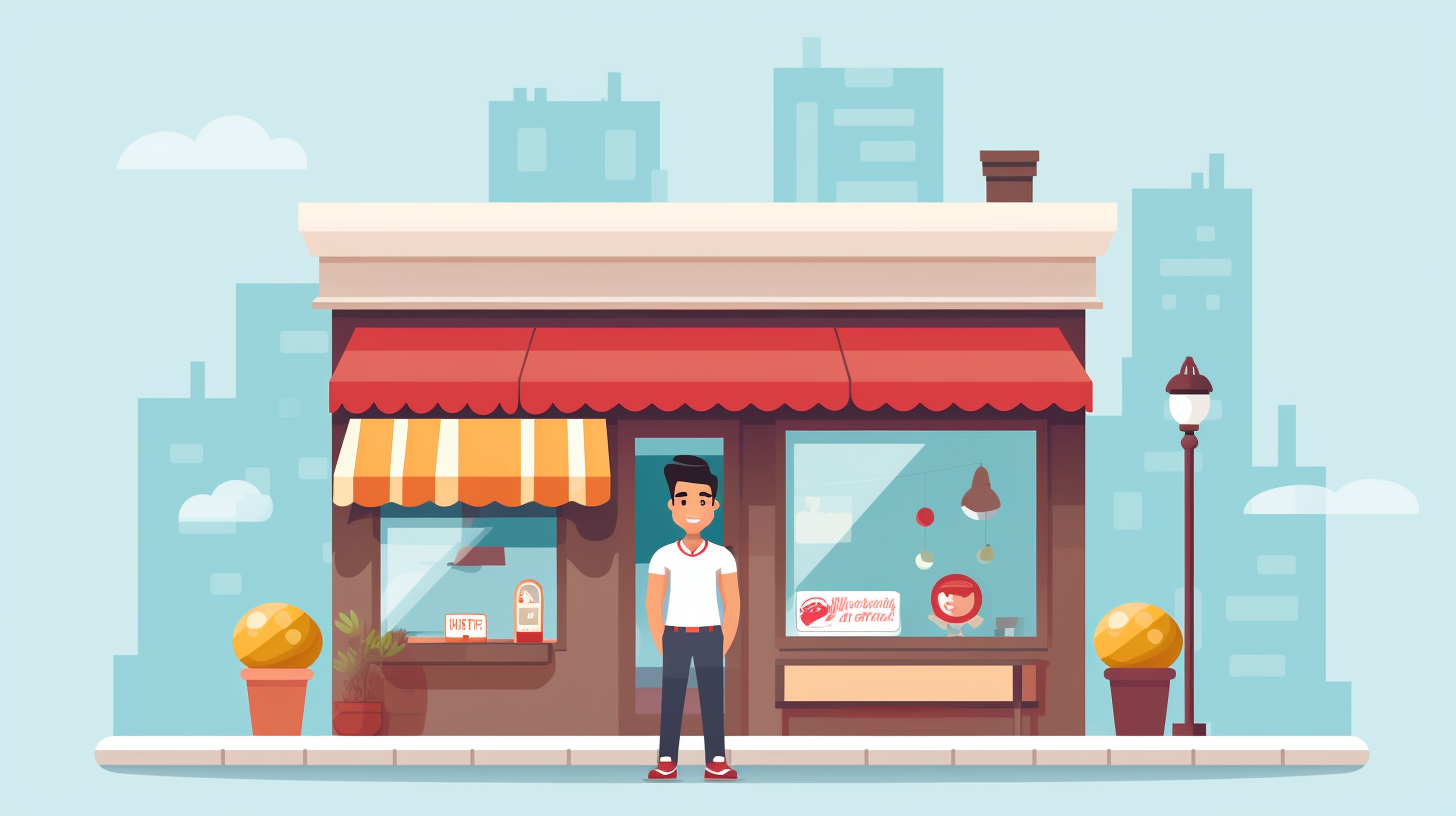What is Liability Insurance?

Key Takeaways
- Liability insurance is money safety. It can pay if you hurt people or break their stuff.
- There are different types of liability insurance for people and businesses.
- The insurance company checks out accidents that happen and pays for damages under your policy rules.
- Some things are not covered by most plans, including intentional harm or criminal actions.
Definition of Liability Insurance
Liability insurance is money safety. It helps if you cause harm or break things that belong to others. For example, let’s say you have a dog. Your dog bites a person who comes to your house. That person gets hurt and has costs because of the bite. Liability insurance will pay for those costs. There are different types of this insurance. Some types help people and some help businesses. The type you need depends on what could go wrong in your life or work.How Does Liability Insurance Work?
 Liability insurance kicks in when you cause damage. You might hurt someone or break their things. This can happen at your house, with your car, or in your business. First, you pay for the insurance policy every month or year. Then if there’s an accident that is your fault, you tell the insurance company about it. They will check out what happened and decide if it fits within the rules of your policy. The company then pays money to fix the damages according to the limit set in your policy minus any deductible amount that may apply – a fixed sum that needs to be paid by you first before coverages apply. So let’s say you accidentally knock over a friend’s expensive vase during a visit at their place; liability insurance on homeowners’ policies would help replace it. For businesses too, this kind of coverage helps handle costs arising from mistakes made while providing services which may result in losses for clients; legal fees if they sue and medical bills should someone get injured on site are some examples. However, be aware! There are still things not covered like intentional acts causing harm or criminal actions so always understand what is part of your plan and what isn’t. And remember always keeping track of safety measures will prevent accidents from happening more often than not.
Liability insurance kicks in when you cause damage. You might hurt someone or break their things. This can happen at your house, with your car, or in your business. First, you pay for the insurance policy every month or year. Then if there’s an accident that is your fault, you tell the insurance company about it. They will check out what happened and decide if it fits within the rules of your policy. The company then pays money to fix the damages according to the limit set in your policy minus any deductible amount that may apply – a fixed sum that needs to be paid by you first before coverages apply. So let’s say you accidentally knock over a friend’s expensive vase during a visit at their place; liability insurance on homeowners’ policies would help replace it. For businesses too, this kind of coverage helps handle costs arising from mistakes made while providing services which may result in losses for clients; legal fees if they sue and medical bills should someone get injured on site are some examples. However, be aware! There are still things not covered like intentional acts causing harm or criminal actions so always understand what is part of your plan and what isn’t. And remember always keeping track of safety measures will prevent accidents from happening more often than not.Personal Liability Insurance vs. Business Liability Insurance
While personal liability insurance protects your assets in case of accidents at home or elsewhere, business liability insurance safeguards you from risks associated with running a business. Eager to learn more? Dive deeper into the fascinating nuances between these two essential types of coverages in our subsequent sections!Personal Liability Insurance
Personal liability insurance protects you. It covers costs if you hurt someone or damage their stuff. You might have to pay if they sue you or go to a doctor. This kind of insurance helps with that payment. If you own lots of costly things, it’s smart to get this insurance. Your car and home plans may include some personal liability coverage already too. But be careful! It won’t help for your own medical bills or car fixes following an accident where you’re at fault.Business Liability Insurance
If you own a business, you need to know about business liability insurance. This type of coverage is in most packages for business insurance. It works by helping your company when it has to pay for things like legal costs or medical bill if someone gets hurt because of something related to your work. In the same way, it can help with repair bills if someone’s stuff gets broken due to an accident that links back to your company. For example, general liability insurance, professional liability insurance, data breach insurance – these all fall under this kind of safety net for businesses! So how does it work? Let’s say there is trouble and a claim needs set up – just get in touch with the insurance people! They will step in as long as the bad stuff happened while your policy was still active and fits their rules on what they can help with.Types of Liability Insurance
 Discover the assortment of liability insurance types, including auto, homeowners, renters and umbrella coverage. Dive in to explore each one’s unique features and benefits. Stay with me as we unravel the varied protection offered by these insurances in greater detail!
Discover the assortment of liability insurance types, including auto, homeowners, renters and umbrella coverage. Dive in to explore each one’s unique features and benefits. Stay with me as we unravel the varied protection offered by these insurances in greater detail!Auto Liability Insurance
Auto liability insurance is a safety net. It steps in when you cause a car crash. This insurance pays for the other person’s car fixes or medical bills. Most states say that drivers need to have this. There are two parts in auto liability insurance: bodily injury and property damage. Bodily injury pays if someone gets hurt in the accident you caused. Property damage coverage pays for damage done to another person’s property, like their car. Auto liability insurance helps keep your money safe too. If you cause an accident and don’t have this, you might need to pay with your own money! It also follows state laws on car insurance, so it is important to have.Homeowners Liability Insurance
Homeowners liability insurance is a must-have for all homeowners. It helps to keep you safe if someone gets hurt in your home or on your property. Say, someone slips and falls in your house or yard – this insurance can cover their medical bills. It can also pay for damage that you, your family, or pets may cause to other people’s stuff. You’ll find this type of coverage within most standard home insurance policies. And if you have a mortgage loan, the lender will likely need you to carry it too.Renters Liability Insurance
Renters liability insurance is a good choice for people who rent their homes. It can help if something bad happens and it’s your fault. For instance, if you or your pet harms someone else’s things, this insurance helps pay for it. Even if a person gets hurt while on your rented land, the insurance can cover medical bills or legal costs. Not all states ask renters to have this kind of coverage, but lenders might need it as part of home insurance. Without enough renters liability coverage, you could end up paying lots of money if there’s an accident or damage to the rental property that you’re responsible for.Umbrella Coverage
Umbrella coverage gives you extra safety. If your other insurance is not enough, it steps in. It’s like a big shield that keeps your money safe. People with lots of things and money should think about getting this type of insurance. Your house, car or any savings you have can be safer with umbrella coverage. You can add it to your auto, home or renters insurance so all are safer to use and own!Determining Your Need for Liability Insurance
 Deciding if you need liability insurance starts with evaluating your specific circumstances. Consider the state requirements, personal assets, and potential risks involved in your daily activities. Different states have different minimums and requirements for insurance coverage, so familiarize yourself with these standards. Check any restrictions or exceptions that apply to liability policies as well. Remember that having insufficient coverage can leave you financially vulnerable should unexpected incidents occur. Conduct an annual review of your needs and consult with knowledgeable insurance agents to ensure adequate protection from legal costs, medical expenses, lawsuit reparations and other liabilities associated with accidents or negligence claims.
Deciding if you need liability insurance starts with evaluating your specific circumstances. Consider the state requirements, personal assets, and potential risks involved in your daily activities. Different states have different minimums and requirements for insurance coverage, so familiarize yourself with these standards. Check any restrictions or exceptions that apply to liability policies as well. Remember that having insufficient coverage can leave you financially vulnerable should unexpected incidents occur. Conduct an annual review of your needs and consult with knowledgeable insurance agents to ensure adequate protection from legal costs, medical expenses, lawsuit reparations and other liabilities associated with accidents or negligence claims.Insurance Minimums and Requirements
Liability insurance needs differ from person to person. It is not a one-size-fits-all coverage. The level you need depends on a few things.- State laws: Different states have different laws about insurance. Each state has its own minimum required amount for auto insurance.
- Your net worth: If you have a high net worth, you may need more coverage to protect your assets.
- Risk factor: Some people are at higher risk of being sued than others.
- Size of business: Larger businesses often need more liability insurance than smaller ones.
Restrictions and Exceptions
 One critical factor to note about liability insurance coverage is that there are inherent restrictions and exceptions.
One critical factor to note about liability insurance coverage is that there are inherent restrictions and exceptions.- Firstly, service providers like product manufacturers, medical practitioners, and lawyers may have unique liabilities due to the specific nature of their work. That’s why special types of coverage such as professional liability or malpractice insurance come into play.
- Intentional acts or criminal actions are not covered under standard liability insurance policies. This exclusion exists because insurance is designed to handle unpredictable events rather than deliberate damages.
- Contractual liabilities, or financial responsibilities from contracts you’ve entered into, usually aren’t covered by general liability policies unless specifically stated.
- Bear in mind that liability insurance plans only cover losses occurring during the policy period which emphasizes the importance of maintaining continuous coverage.
- Most general liability insurance covers third – party injury claims but not if the injury happens to an employee since this falls under workers’ compensation.
- Property damage suffered by your business doesn’t usually fall under general liability policies – this is a job for commercial property insurance instead.
Does Age Impact the Cost of Liability Insurance?
Age and insurance rates are closely linked. When it comes to liability insurance, age can impact the cost. Younger individuals often face higher rates due to their lack of driving experience. Similarly, older individuals may also experience higher premiums as they may be considered higher-risk due to factors like declining eyesight or slower reaction times. Insurers consider age a significant factor while assessing liability insurance costs.






